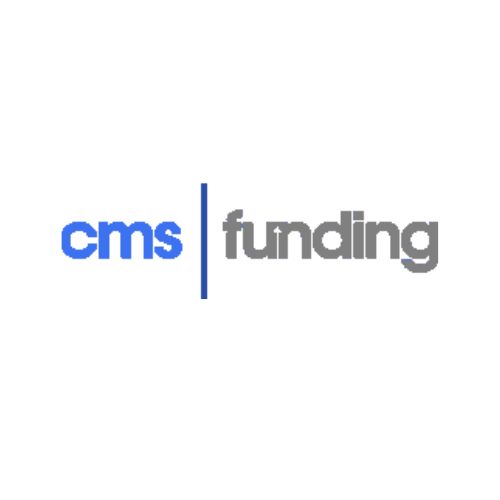There are a number of advantages you are likely to derive if you decide to lease rather than to purchase equipment that your enterprise requires.
When planning to lease more equipment to meet an organization's needs and looking for ways to manage the available financial resources more efficiently, dealing with an equipment lease company professional is important. A critical analysis of the benefits of leasing assists in making a sound decision for your business tomorrow.
Scroll down to learn about 7 key benefits of using an equipment lease company.
1. Preservation of Capital and Cash Flow
Equipment leasing also helps to save a lot of capital for other important business activities. Contrary to a huge initial cash investment that can have negative effects on budgets, leasing distributes the cost of the equipment in smaller installments.
Your working capital remains available for operating, inventory, and investment in growth capex expenses. With the leasing, there is also the improvement of the cash flow stability and the financial statement figures that affects the lenders.
- Leasing allows you to stay competitive. You can obtain the latest equipment without waiting to save up.
- This access to cutting-edge technology can boost efficiency and productivity. It helps in maintaining the quality of your products and services.
- Furthermore, since you are not spending all your cash upfront, you retain more liquidity.
- This liquidity allows you to react quickly to market changes.
- You can seize new business opportunities without hesitation.
- For example, if a new project arises, you can invest without worrying about equipment costs.
- In addition, equipment lease companies often include maintenance support, which is an added benefit. It reduces your operational burden.
You do not have to worry about costly repairs or service interruptions. The leasing company usually takes care of this aspect.
2. Customizable Payment Terms
Professional equipment lease companies base their agreement terms on your business operating cycles. Special payment plans correlate with revenue flow to lighten cash flow pressure. Charges are adjusted to reflect the business cycle and are synchronized with revenue generation. Leasing reduces the impact of fixed costs by making the payments proportional to your financial ability.
3. Access to New Technology
Signing equipment leases makes sure that firms are always up-to-date with the newest technologies, capacities, and effectiveness. The latest equipment incorporates advanced technologies, features, and functionalities. Leasing stops one from being outdated or being behind rivals in terms of equipment they are using. Continuous equipment update enables the best outcome of newly developed technologies.
4. Simplified Equipment Replacement
Since lease terms coincide with useful lives of equipment, renewal of equipment does not pose serious problems or costs. Equipment lease companies are responsible for the removals and the delivery of the newer models of the equipment. Another advantage of early renewals or buyouts of leased equipment is they also make it easier to upgrade. Unlike ownership structures where risks such as obsolescence or disposal needs may be a fatal plan, leases bring equipment replacement into plans.
5. Budget Preservation
In contrast to large capital equipment purchases that are destructive to budgets, leases retain budgets through affordable payments, which are tax-deductible as operating expenses. No large outlay is required when financing is fully obtained from leasing. None of the money invested is locked up in the owned equipment. More cash is available to go after other investments or other projects or activities. Such balance is achievable by avoiding large capital outlays in operating budget stability that is sustainable in the long run.
6. Tax Advantages
An equipment lease company that meets some conditions is in a favored tax treatment category. On the accounts of qualifying leases, the payments become fully deductible for tax on the basis of ordinary business expenses. This converts equipment costs into write-offs, reducing taxable income. Particular lease structures created by competent equipment leasing specialists enhance related tax benefits.
7. Reduced Risks
Leasing therefore shifts most of the risks of equipment ownership to leasing companies. Consequences such as obsolescence, disposal, maintenance, damage or theft fall on the equipment lessor. Financing company remains legally responsible for the leased property. You do not have to undertake many obligations and risks that come along with equipment acquisition. Allowing leasing firms to bear such risks relating to equipment eliminates such issues in your business.
Final Thoughts
For these reasons, the many advantages of equipment leases over purchase make it a financially sound decision. While you are trying to maintain and build up capital, cash, credit, budget, operational and profitable reserves an equipment lease provides all of this. Working with a reputable, customer oriented equipment leasing company puts your business in a position to succeed through effective systems and technologies.





Comments